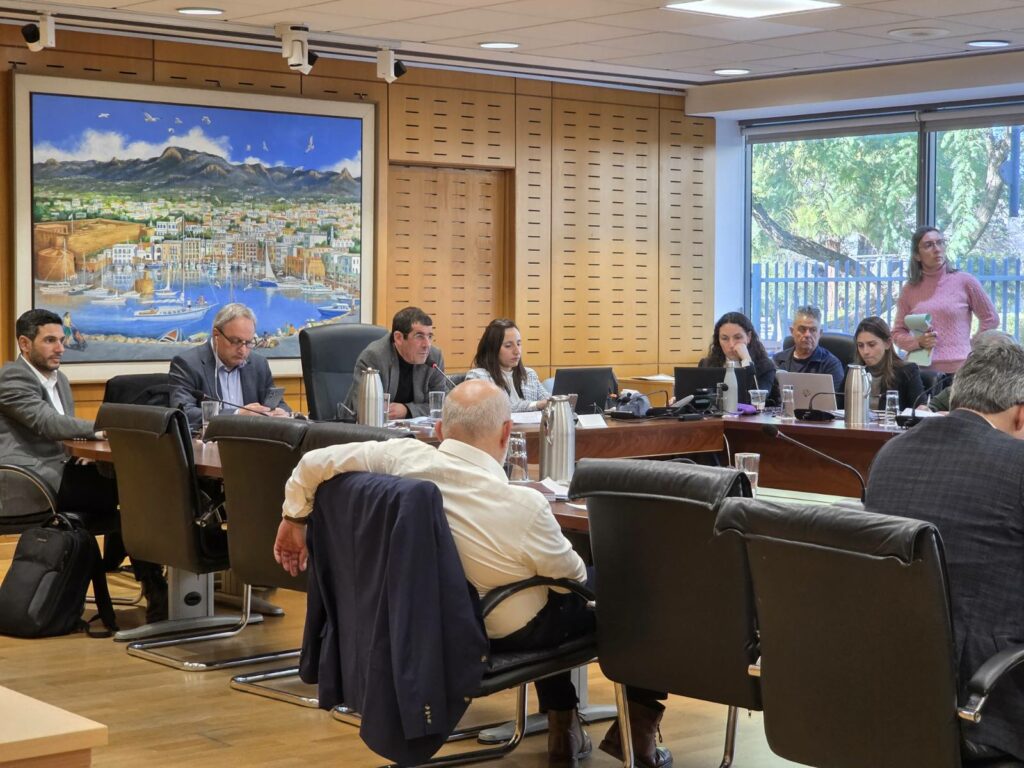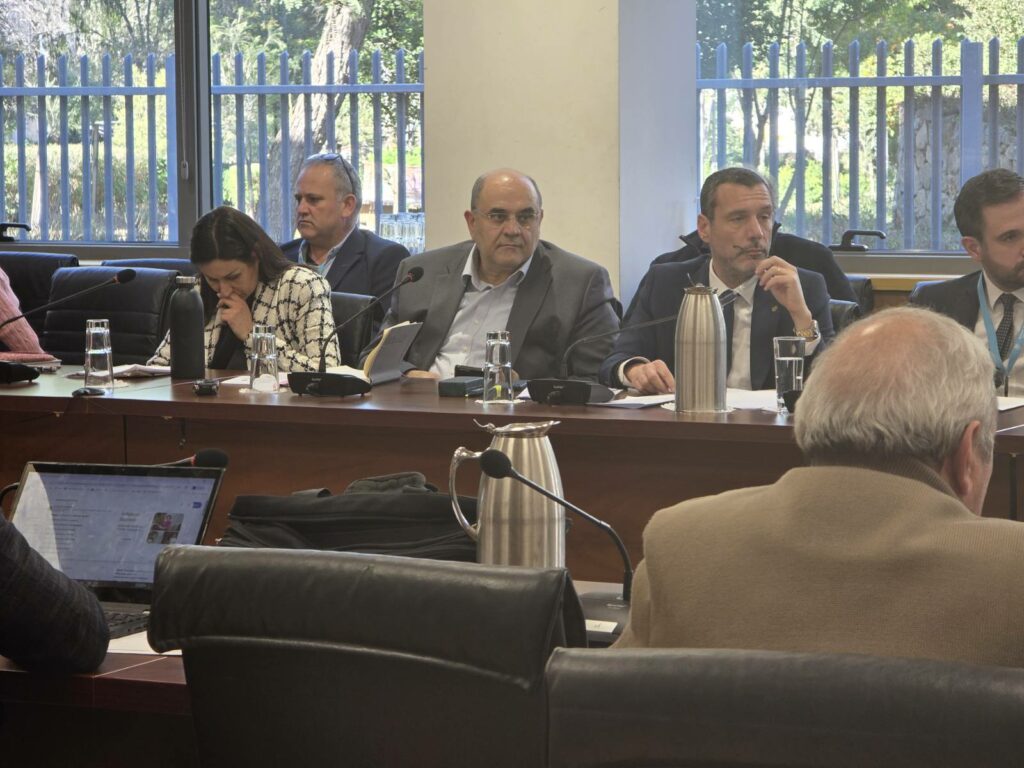The province of Pafos continues its determined multi-year effort to elevate religious tourism into a permanent fixture of its annual visitor flow. In a deliberate move to internationalize its rich spiritual heritage, the Church, via its Office of Pilgrimage and Religious Excursions, is forging partnerships with key agencies to spotlight the region’s treasured religious sites.
Strategic Initiative For Sustainable Tourism
Bishop Gregorios, the head of the Office of Pilgrimage Tours for the Church of Cyprus, is spearheading a strategic initiative aimed at harnessing religious tourism as both a cultural ambassador and economic catalyst. Bishop Gregorios recounted the office’s storied history, which began in 2008 following an invitation from the then head of the Cyprus Tourism Organization to participate in the launch of the seminal work, Cyprus, Island of Saints. The project quickly culminated in a series of high-profile presentations across Cyprus, Athens, Thessaloniki, and Moscow, marking the beginning of an expansive mission to showcase Cyprus’s religious wealth.
Follow THE FUTURE on LinkedIn, Facebook, Instagram, X and Telegram
International Collaboration And Cultural Preservation
Overcoming centuries of challenges, Cyprus has managed to preserve and transmit its sacred traditions through successive generations. Established in April 2012 by decree of the Holy Synod, the Office has since represented the biblical legacy and cultural narrative of Cyprus at various international tourism showcases. Bishop Gregorios highlighted a major milestone in November 2017 during an exhibition at the Warsaw Ethnographic Museum, where a ten-day presentation of Cyprus’s history and the tradition of the Twelve-Day Saints captivated audiences and notably increased tourist traffic from Poland. This cultural diplomacy has now linked the historic city of Jerusalem with Cyprus in the minds of international visitors.
Educational Engagement And Experiential Learning
In an innovative step to integrate educational outreach, the Office has also organized guided pilgrimage tours for middle school students over the past eight years in close cooperation with the Ministry of Education. These excursions enable young Cypriots to immerse themselves in their religious traditions, thereby ensuring that the sacred heritage is experienced more profoundly than ever—even by foreign students previously trailing behind in religious studies.
Valuable Partnerships And Forward Momentum
Collaborative efforts extend beyond the Church, as strategic alliances with experienced tour guides, travel agents, hospitality professionals, and museum curators enhance both the quality and reach of Cyprus’s religious tourism. Bishop Gregorios underscored that these collaborative ventures broaden the scope of the Church’s publishing activities, with comprehensive updates and resources available on the Church of Cyprus’s official website for those interested in detailed information.
Ensuring Authentic Experiences For Pilgrims
Working closely with PASYXE and its president Thanos Michailidis, Bishop Gregorios expressed his gratitude for the seamless cooperation that has enabled the distribution of detailed information to international visitors. This collaboration ensures that each pilgrim receives an authentic and informed experience, allowing them to distinguish between historical facts, enduring traditions, and mythic narratives. “We remain committed to offering comprehensive support and guidance to those who seek to explore our rich religious legacy,” he concluded.









